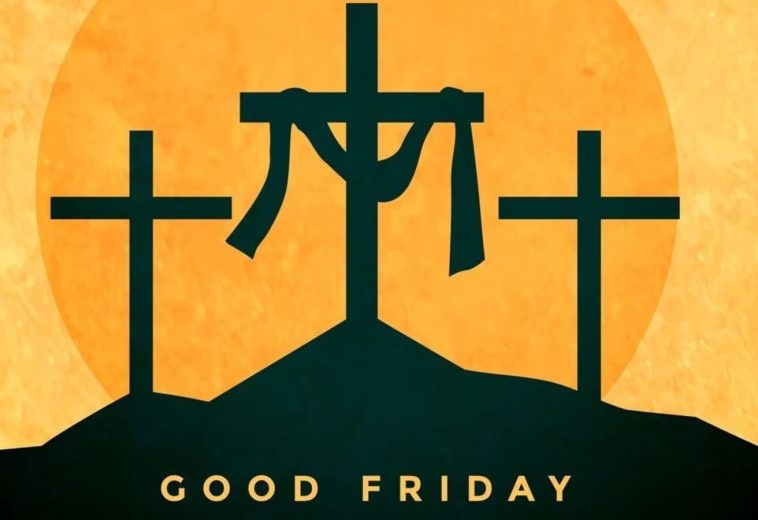Easter, celebrated by millions around the world, is a joyous occasion that marks the resurrection of Jesus Christ. While it holds significant religious importance for Christians, it has also become a cultural phenomenon embraced by people of various beliefs. Delving into its origins unveils a tapestry of traditions, symbols, and festivities that have evolved over centuries.
The roots of Easter trace back to ancient pagan festivals celebrating the arrival of spring. One such festival, known as Eostre or Ostara, honored the Germanic goddess of fertility and the dawn. As Christianity spread across Europe, missionaries often incorporated existing cultural practices into religious observances to ease the transition to the new faith.
The Christian celebration of Easter became intertwined with these spring festivals, with its date determined by the lunar calendar. The Council of Nicaea in 325 AD established that Easter would be observed on the Sunday following the first full moon after the vernal equinox, ensuring its alignment with the arrival of spring.
For Christians, Easter holds profound spiritual significance. It commemorates the resurrection of Jesus Christ, three days after his crucifixion, as described in the New Testament of the Bible. The resurrection signifies victory over death and redemption for humanity, making Easter the most important event in the Christian calendar.
The Lenten season precedes Easter, during which believers engage in fasting, prayer, and penance to prepare for the celebration of Christ’s resurrection. The climax of Easter Sunday is marked by church services, including the joyful proclamation of Christ’s triumph over death, often accompanied by hymns and prayers of thanksgiving.
Easter is adorned with an array of symbols and traditions, each carrying its own significance. The most ubiquitous symbol is the Easter egg, representing new life and rebirth. The custom of decorating eggs dates back to ancient times, symbolizing fertility and the arrival of spring. Today, elaborate egg hunts and egg-decorating contests are common Easter activities enjoyed by families worldwide.
Another prominent symbol is the Easter bunny, a folkloric figure originating from Germanic paganism, symbolizing fertility and abundance. The tradition of the Easter bunny delivering colored eggs and candies to children has become a cherished part of Easter celebrations in many cultures.
Feasting is also central to Easter traditions, with special meals featuring symbolic foods such as lamb, representing Jesus as the sacrificial Lamb of God, and hot cross buns, adorned with a cross symbolizing the crucifixion.
Easter is celebrated with diverse customs and traditions across the globe. In Greece, the Easter season is marked by elaborate religious processions and midnight church services, followed by feasting on roasted lamb and traditional Greek delicacies. In Latin America, Semana Santa (Holy Week) is observed with colorful parades, reenactments of biblical events, and elaborate street decorations.
In Africa, Easter is celebrated with a unique blend of Christian traditions and indigenous customs. In countries like Ethiopia, where Christianity has ancient roots, Easter, known as “Fasika,” is celebrated with great solemnity and devotion. Orthodox Christians in Ethiopia observe a 55-day Lenten fast, culminating in a midnight vigil and church service on Easter Sunday. Traditional Ethiopian dishes, such as injera (a sourdough flatbread) and doro wat (spicy chicken stew), are enjoyed during the Easter feast.
From its pagan roots to its modern-day manifestations, Easter embodies the resilience of cultural traditions and the human inclination towards celebration and renewal. While its religious significance may vary among individuals and communities, its cultural impact is undeniable.


